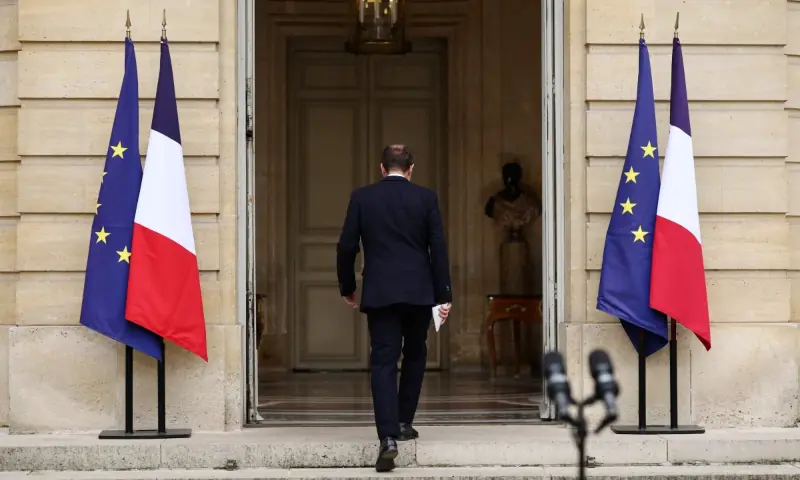Paris:
France’s political deadlock deepened on Tuesday as outgoing Prime Minister Sébastien Lecornu began a last-ditch attempt to rally cross-party support for a new cabinet, a move aimed at stabilizing a government that lasted just hours before he resigned.
President Emmanuel Macron tasked Lecornu, 39, with forming a government in early September after parliament toppled his predecessor over an unpopular austerity budget. Lecornu’s initial cabinet lineup immediately drew criticism for lacking new faces, prompting his swift resignation Monday morning.
In a dramatic move, Macron requested that Lecornu spend two days negotiating a platform for stability. A presidential official stated Macron was prepared to “assume his responsibilities”—a clear allusion to calling snap legislative elections—should Lecornu fail to secure a governing majority by Wednesday evening.
Internal and External Opposition Mounts
France has been rocked by political chaos since mid-2024, when snap polls called by Macron resulted in a hung parliament, leaving his centrist bloc in a minority. The crisis comes ahead of the pivotal 2027 presidential elections, where Marine Le Pen’s far-right National Rally (RN) senses its best chance yet of taking power.
Discontent is rife even within Macron’s own camp. Gabriel Attal, a former premier and leader of Macron’s centrist party, said he “no longer understood” the President’s decisions, declaring it was “time to try something else.”
Meanwhile, Le Pen’s party leader, Jordan Bardella, stated the RN would be “ready to govern,” while Le Pen herself urged snap legislative polls as “absolutely necessary.” The opposition’s common refrain is a demand for a “change of course,” making Lecornu’s negotiations with Socialists and Republicans particularly challenging.
Economic Instability and Debt Burden
Any new premier will immediately face the challenge of finding support for a critical spending bill in a deeply divided chamber. The political instability is compounded by France’s dire financial state:
- Record Debt: France’s public debt has reached a record high.
- EU Concern: The country’s debt-to-GDP ratio is now the European Union’s third-highest (after Greece and Italy), nearing twice the 60% limit permitted under EU rules.
Despite the pressure, Macron has so far resisted calls for fresh parliamentary polls and ruled out resigning before his mandate concludes in 2027. The current crisis highlights the deep structural challenges facing France as it grapples with a minority government and soaring debt.



